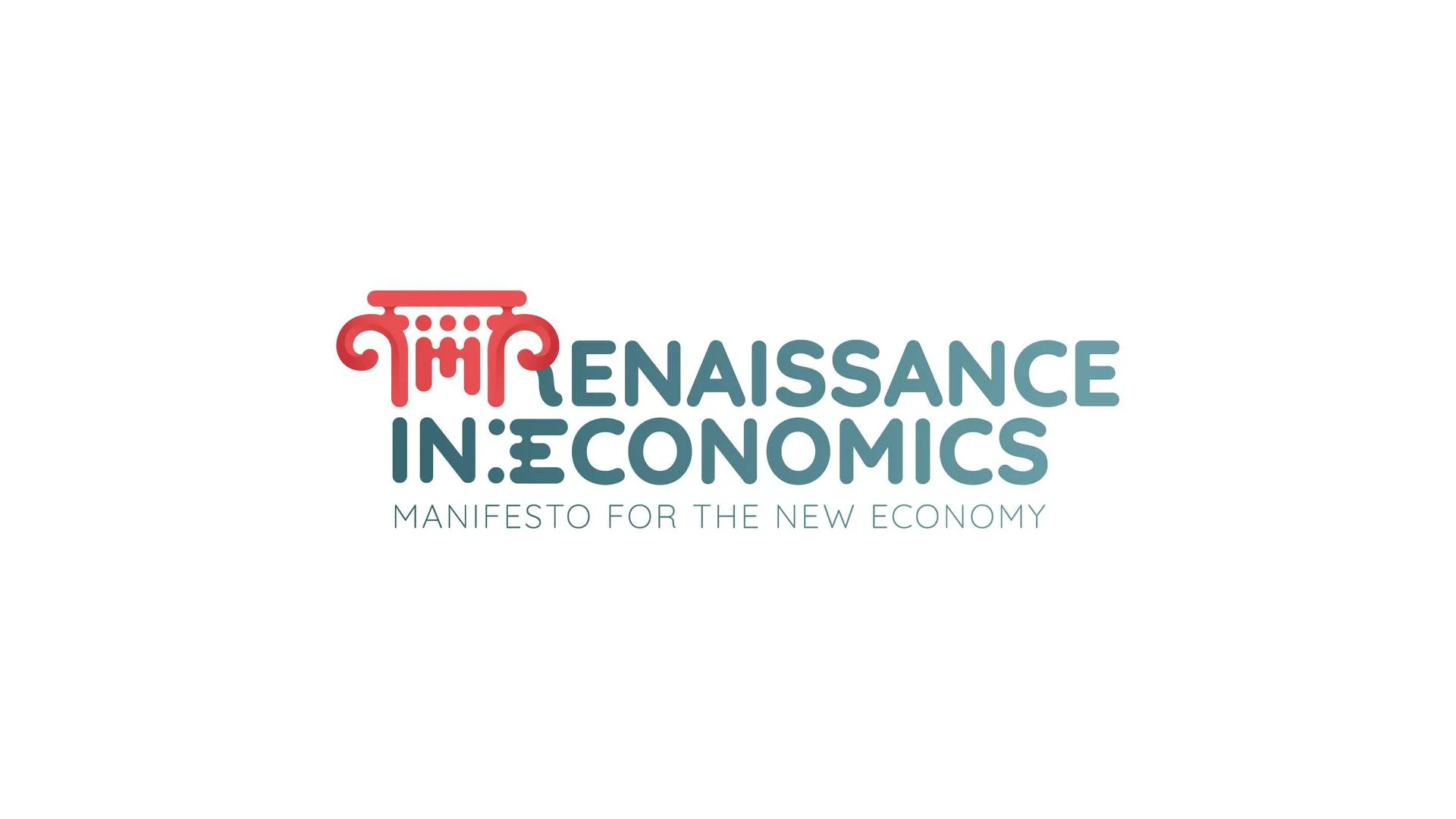
Tips For Dealing With Language Issues When Studying Abroad
Read a summary using the INOMICS AI tool
One big challenge for students who are studying internationally is dealing with language issues. If the native language of the country in which you're studying is not your own native language, it can be difficult to make the most of your studies. However, it can also be a fun opportunity to learn a new language and to pick up new language skills. Today we're offering some tips on dealing with language issues when studying abroad.
Language of the teaching versus generally used language in the institution
If you're looking into studying abroad, likely you have already checked what language the teaching is performed in. The majority of courses, especially bachelor's degrees, will take place in the native language of the country in which the institution is located. Universities with a focus on international students, especially at postgraduate levels, may also offer teaching in English. Obviously you'll need to be confident in the language used for teaching at your institution. However, don't forget that there may be a different language used for administrative or social purposes at universities. In German institutions, for example, it's common for some teaching to be done in English, but for the majority of university administration, such as enrolment, library use, and assessment submission, to be done in German. So remember that you may need to have at least basic knowledge of more than one extra language to be comfortable as an international student.

Tips on learning a new language: before you go
It's important to get in some practise with your new language before you depart for your international study time. You don't need to be an expert, but you do need enough knowledge to deal with basic tasks and questions, such as asking for directions or ordering food in a restaurant. Of course, a great way to learn these basics is to take a language course in your home country. If you have the time, this is sure to increase your knowledge and your confidence when you arrive in your new country. But if you don't have the time or money to attend a course, don't despair! There are lots of other way you can practise your language before you start travelling. Websites like Duolingo teach you the basics and allow you to practise your reading, writing, and even speaking of a new language if you have a microphone, all for free. You can also learn a lot about the sounds and typical sentence formations of your new language by watching TV shows or films in the new language. You can listen along in the new language while using the subtitles in your native language, for example. Or pick a favourite film which you know well and watch it in your new language, which can be a fun way to learn new words and phrases.
Tips on learning a new language: once you arrive
Once you've arrived in your new country, the way to get comfortable with the new language is practise, practise, practise! If you didn't take a language course before you left, then you should look into the possibility once you arrive. Universities often have language courses which international students can attend for free, often once or twice a week for a semester. Alternatively, you might consider an intensive language course, in which you work only on your language skills full-time for around two to eight weeks. Many people find that this intensive approach allows them to pick up all the essentials they need before they begin their studies, so this is a good option if you have the time and the money to pay for a course. But there are free options here too. One great method for practising your language is to find a tandem partner. This is a native speaker of the language you want to learn, who themselves wants to learn your native language. You meet in an informal setting, such as at a coffee shop, and you each speak you new language and correct each other on mistakes made in your native language. This is also a great way to meet new people and make new friends. And once you have made friends with some native speakers, do badger them to practise with you! Nothing will help you learning so much as regular practise with a native speaker.
We hope that these tips can help you in your language learning!
-
- Postdoc Job
- Posted 2 weeks ago
Postdoctoral Research Fellow Opportunity
At University of Notre Dame in Notre Dame, États-Unis
-
- PhD Program, Program, Postgraduate Scholarship
- Posted 3 days ago
PhD Program in Management - 11 Fully Funded Scholarships
at Luiss Guido Carli University of Rome in Rome, Italie
-
- PhD Program, Program, Postgraduate Scholarship
- Posted 2 days ago
PhD Program in Economics - 6 Fully Funded Scholarships
at Luiss Guido Carli University of Rome in Rome, Italie












